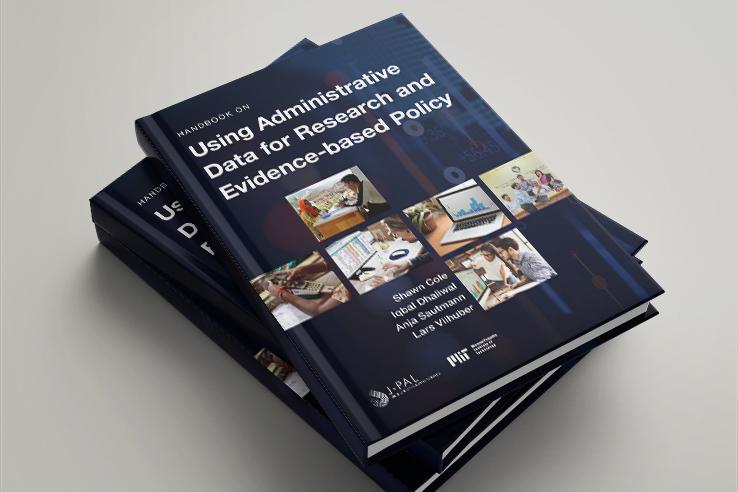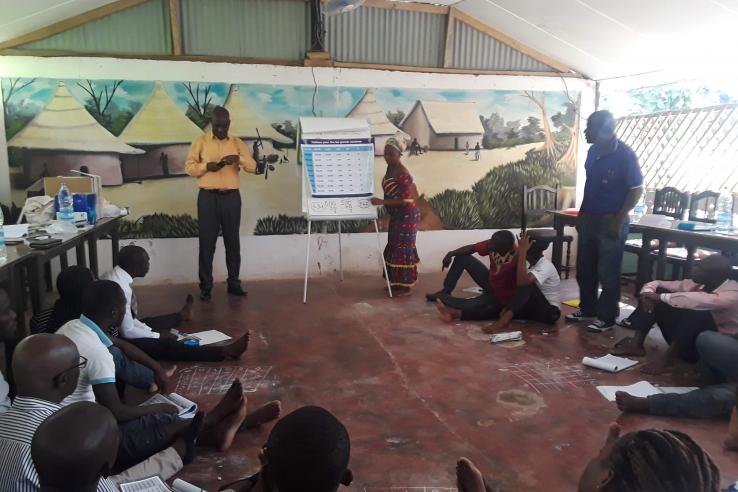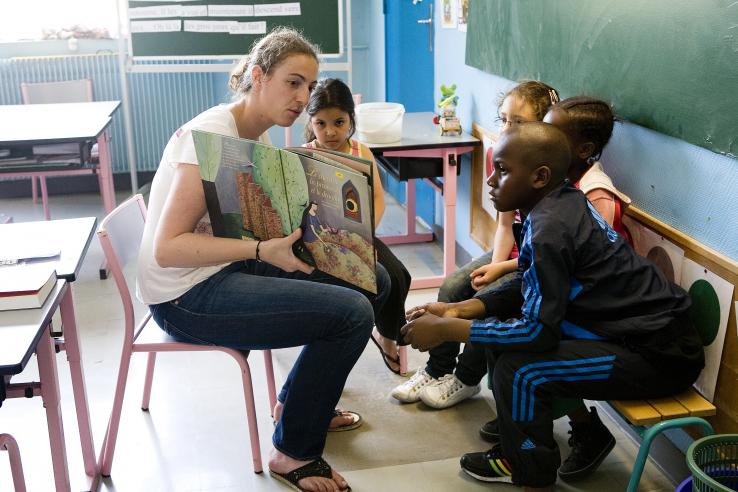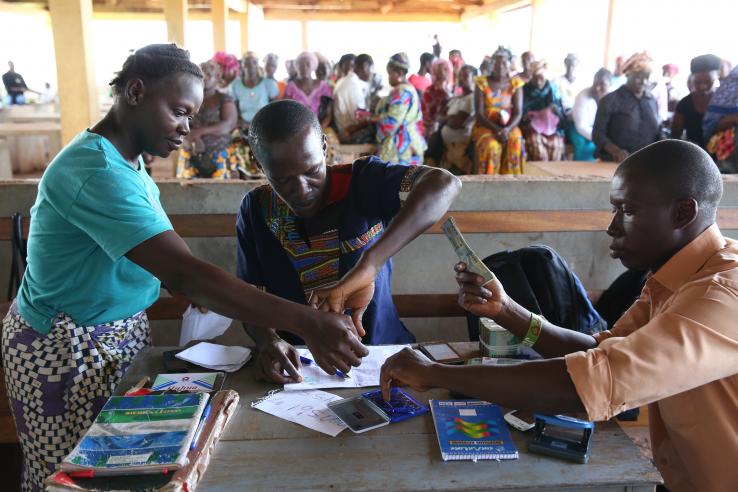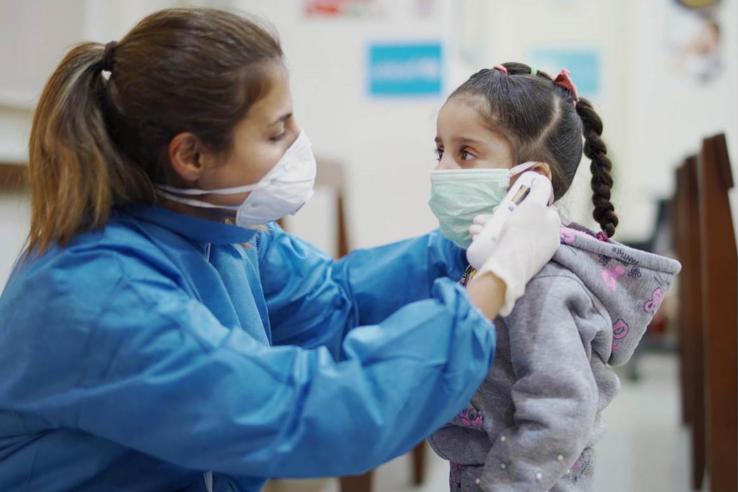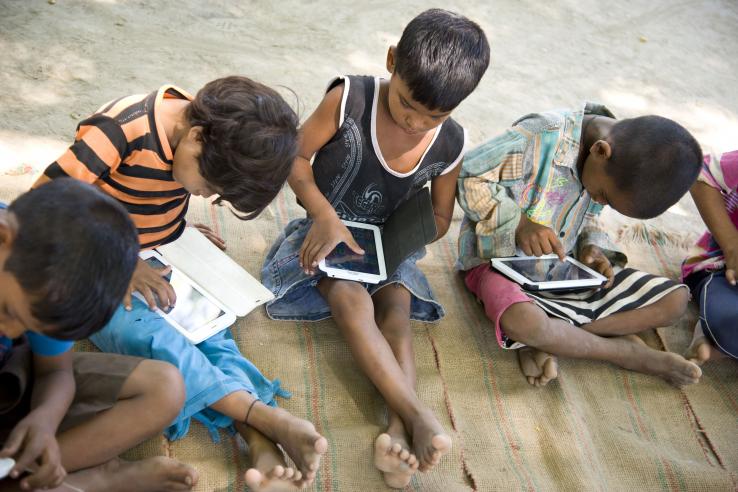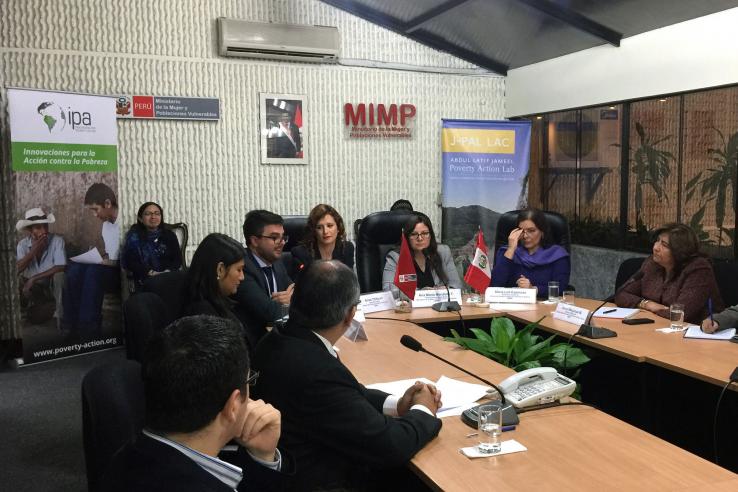Displaying 1321 - 1335 of 8337
Update
J-PAL Updates
In the April newsletter, J-PAL provides recommendations on increasing guideline adherence that can inform policymakers’ response to the COVID-19 pandemic.
Initiative Resource
Initiative projects and documents
Update
J-PAL Updates
J-PAL launches a new handbook on Using Administrative Data for Research and Evidence-based Policy in the October 2020 Newsletter.
Resource
Basic page
Partner with J-PAL to design a custom training program tailored to your organization's goals.
Page
Landing page
Blog
J-PAL Senior Policy Associate Robert Rogers discusses his experience working on an education scale-up in Cote d'Ivoire.
Update
J-PAL Updates
J-PAL Europe announces new project funding together with BNP Paribas and expanded research initiative for tackling challenges of social exclusion of migrants.
Blog
Governments around the world rely on social assistance to reduce poverty, but the poorest are often left behind. To what extent can digital identity and payment systems improve targeting of government transfers?
Blog
To address how existing social assistance programs in Egypt could be enhanced in response to COVID-19 and large external shocks in general, J-PAL MENA and UNICEF Egypt held a webinar on “Social Assistance Response to Large External Shocks in Egypt: What We Can Learn from Randomized Evaluations.”...
Project
In the US, recent statistics show that Black and Latinx communities bear a disproportionate burden from Covid-19. Can improved public health messaging ameliorate this situation?
Page
Landing page
Blog
J-PAL Digital Identification and Finance Initiative in Africa (DigiFI Africa) is honored to be one of the pillars of the G7 Partnership for Women’s Digital Financial Inclusion in Africa. Through DigiFI, J-PAL Africa will support gender-specific research to ensure digital innovations promote the...
Blog
Karthik Muralidharan is the Tata Chancellor’s Professor of Economics at the University of California, San Diego and also serves as a J-PAL Board member and co-chair of the Education sector. A pioneering researcher in education and service delivery, Karthik has profoundly influenced social service...
Person
Achill joined J-PAL in August 2011 and is currently based in Patna, Bihar. He is working on a project to evaluate the health impact of supplying iron-fortified salt to markets in rural Bihar.
Update
J-PAL Updates
To address the issue of gender-based violence, Peru’s Ministry of Women and Vulnerable Populations (MIMP), J-PAL’s Latin America and Caribbean (LAC) office, and Innovations for Poverty Action (IPA) Peru are partnering to develop a cycle of learning and institutionalization of evidence-informed...

